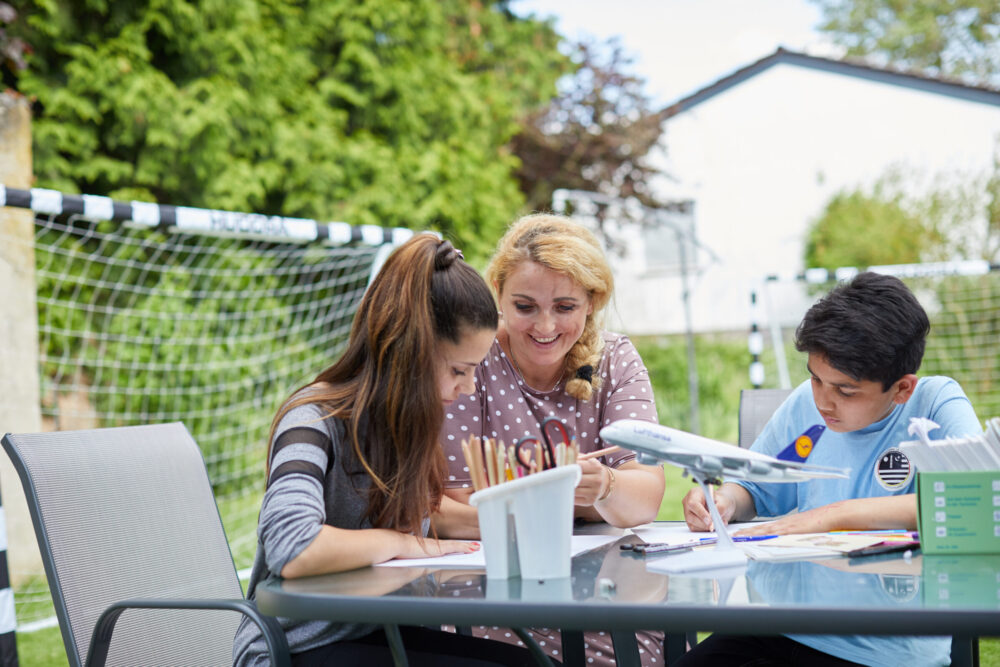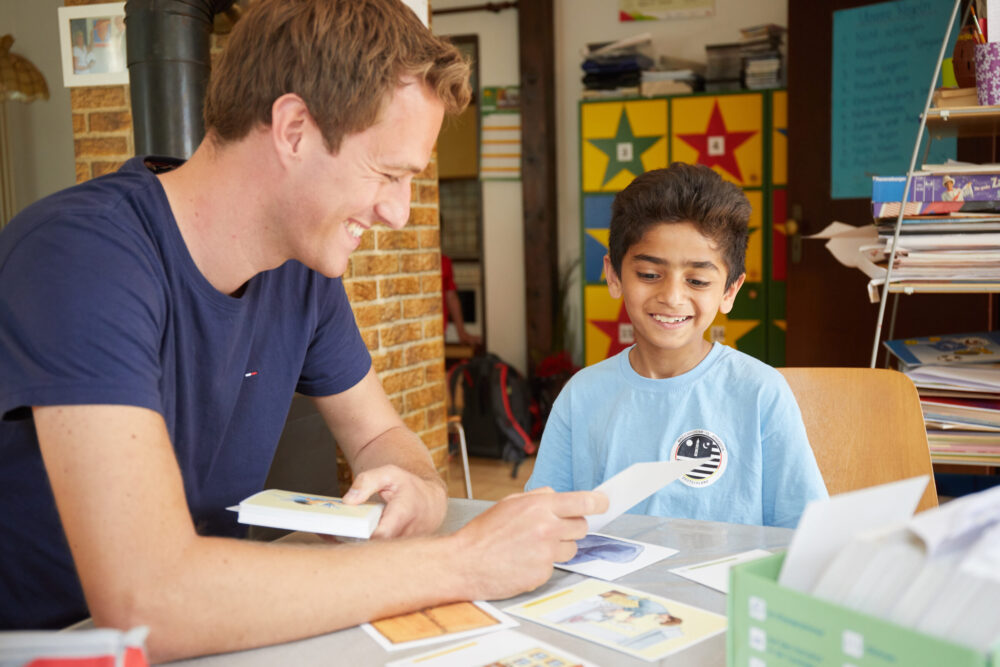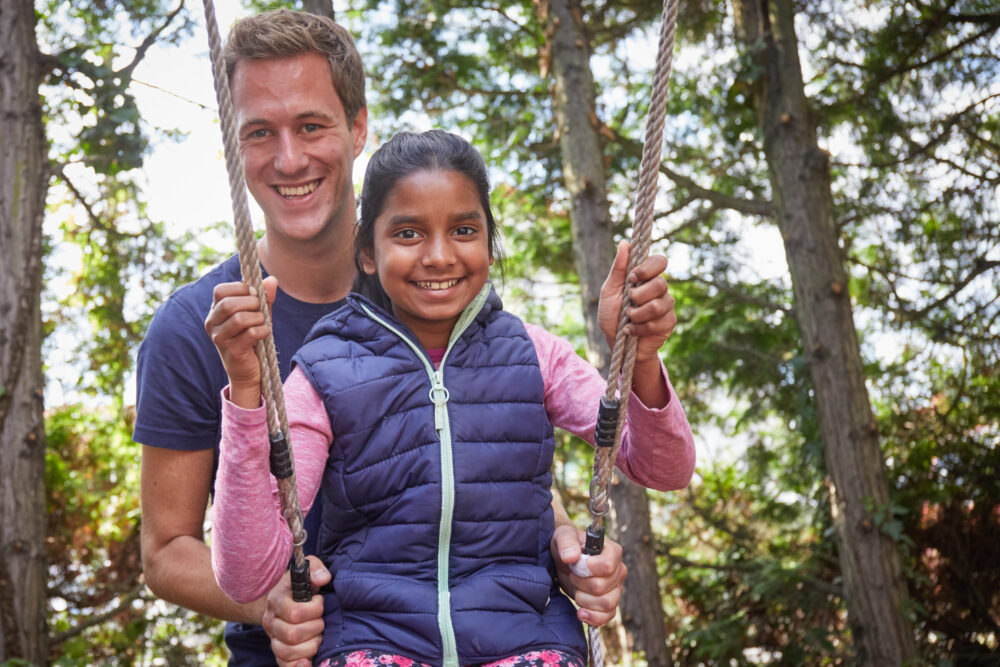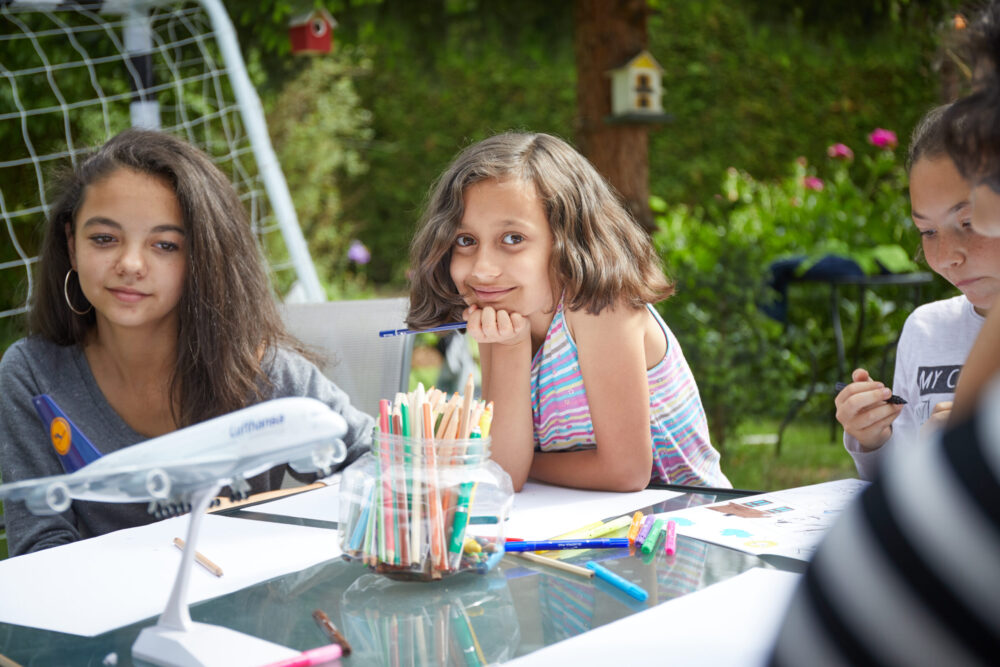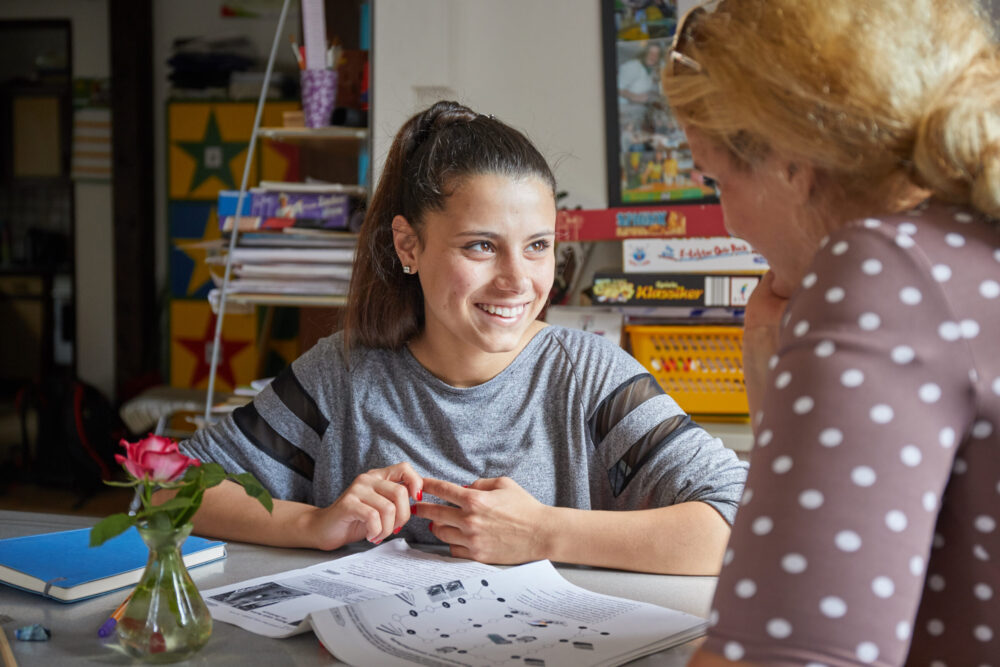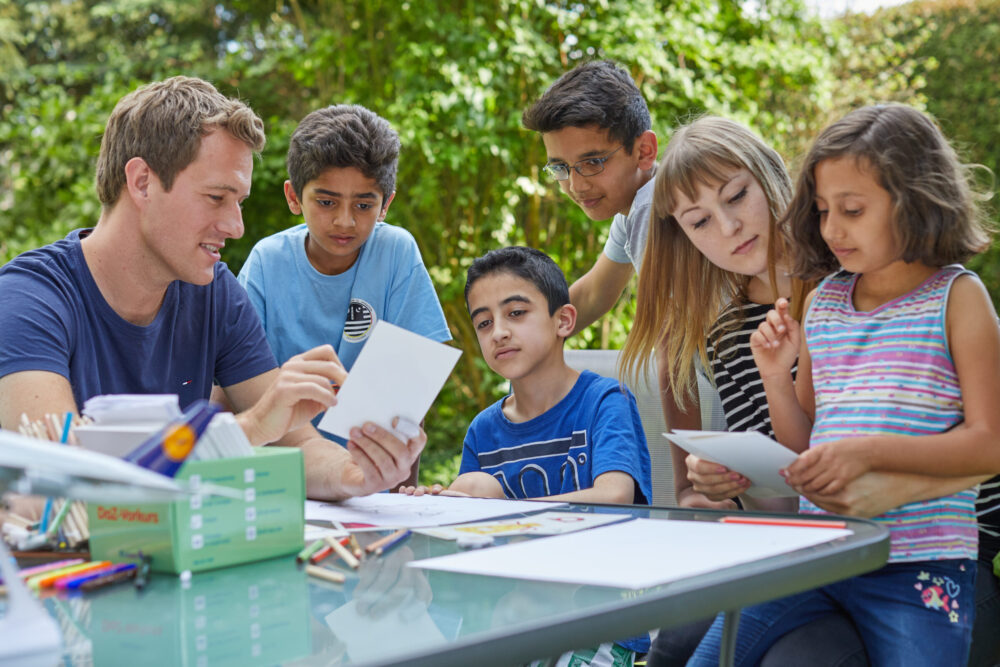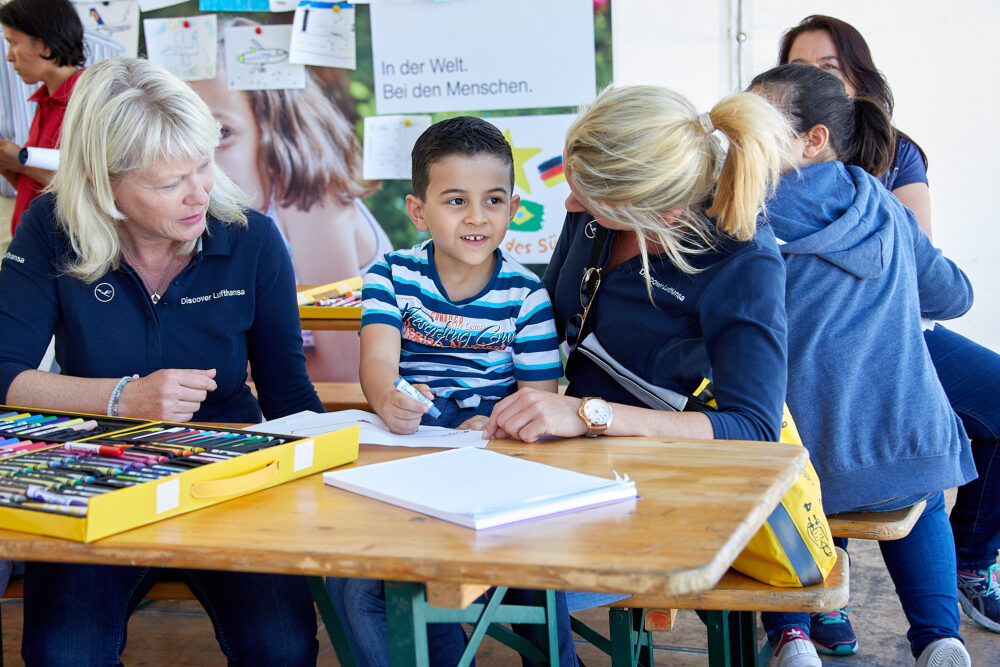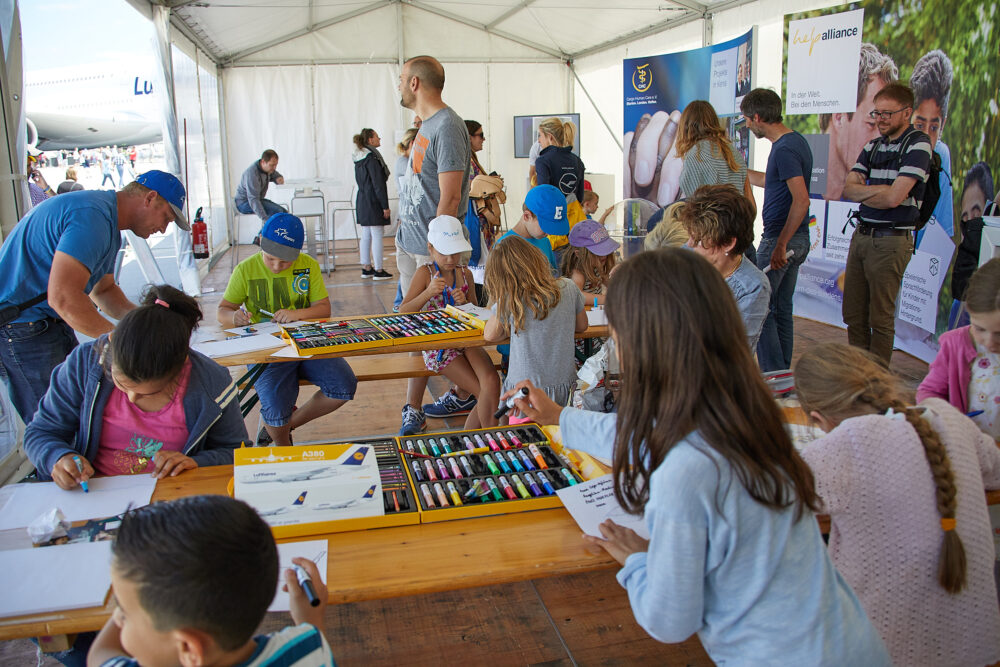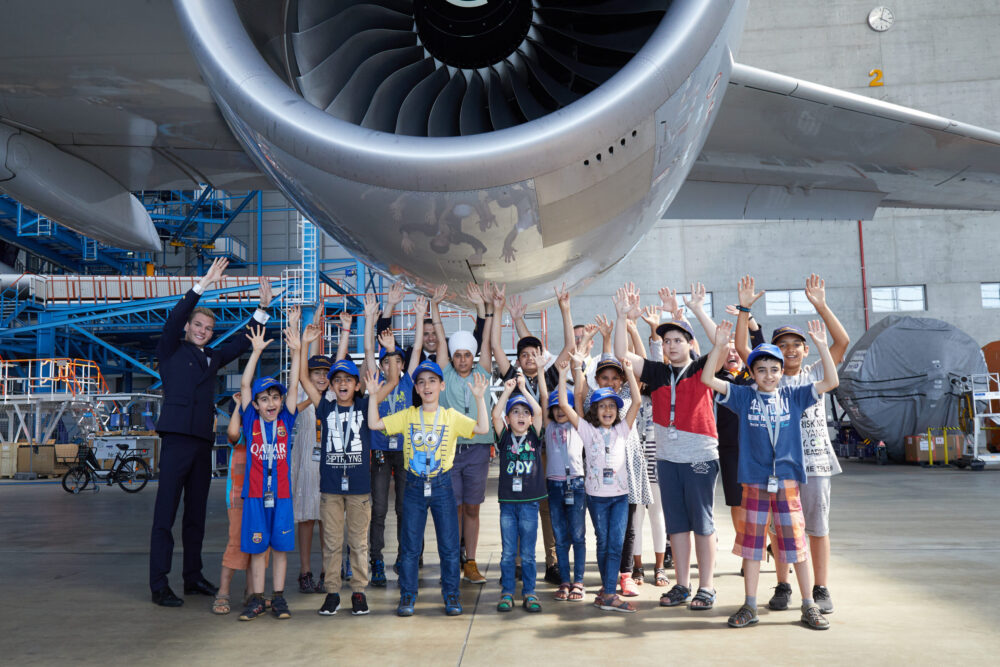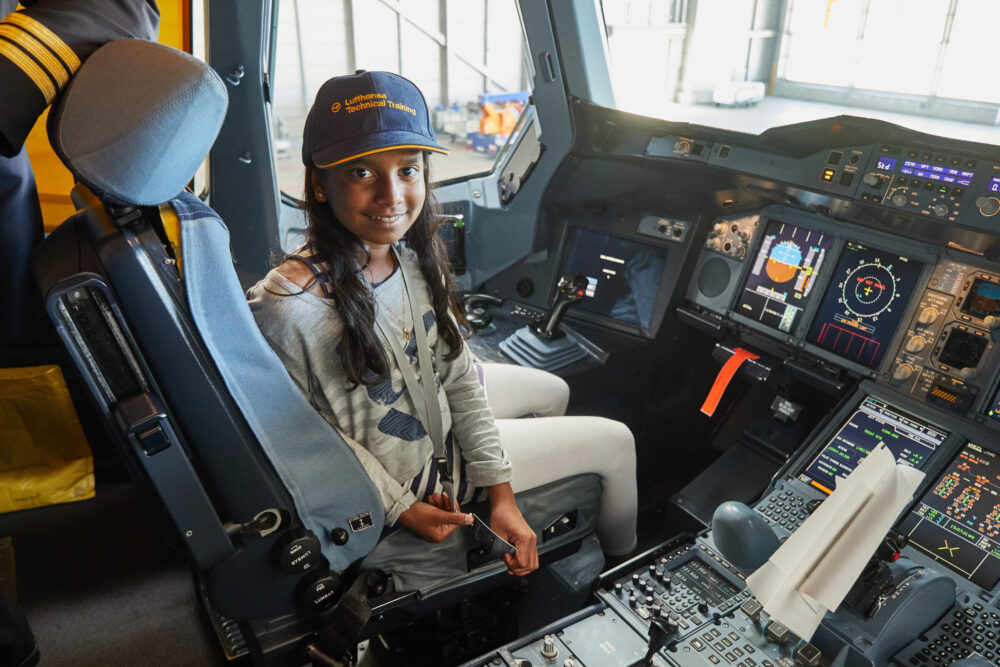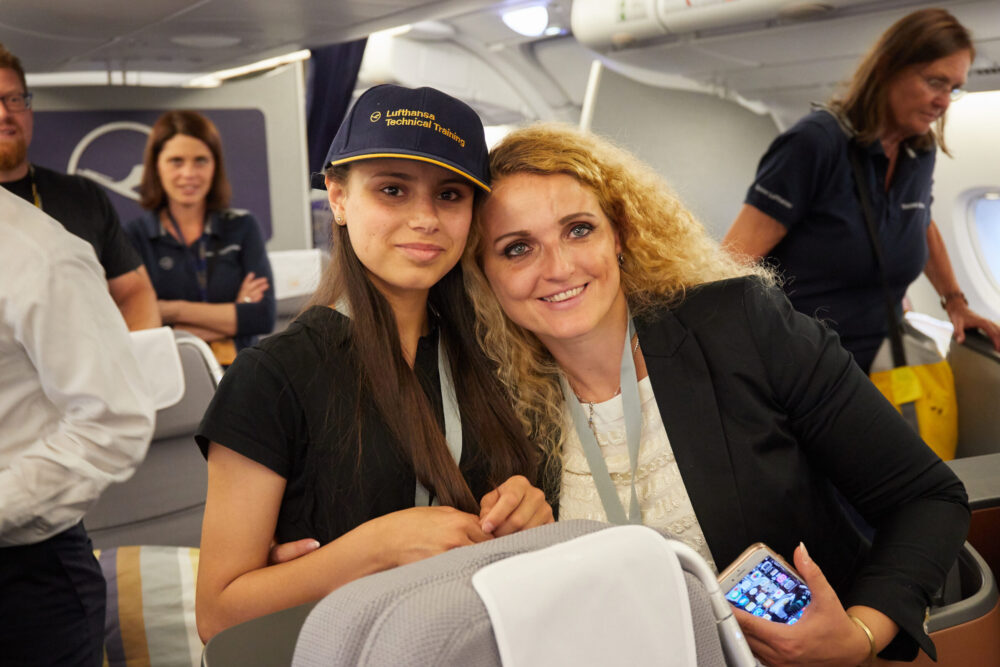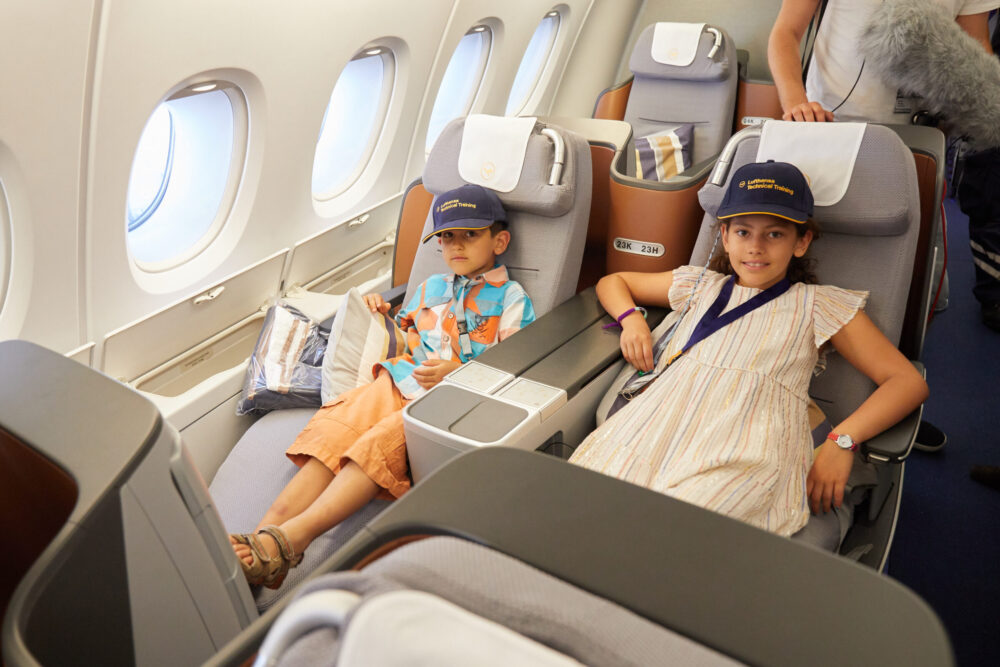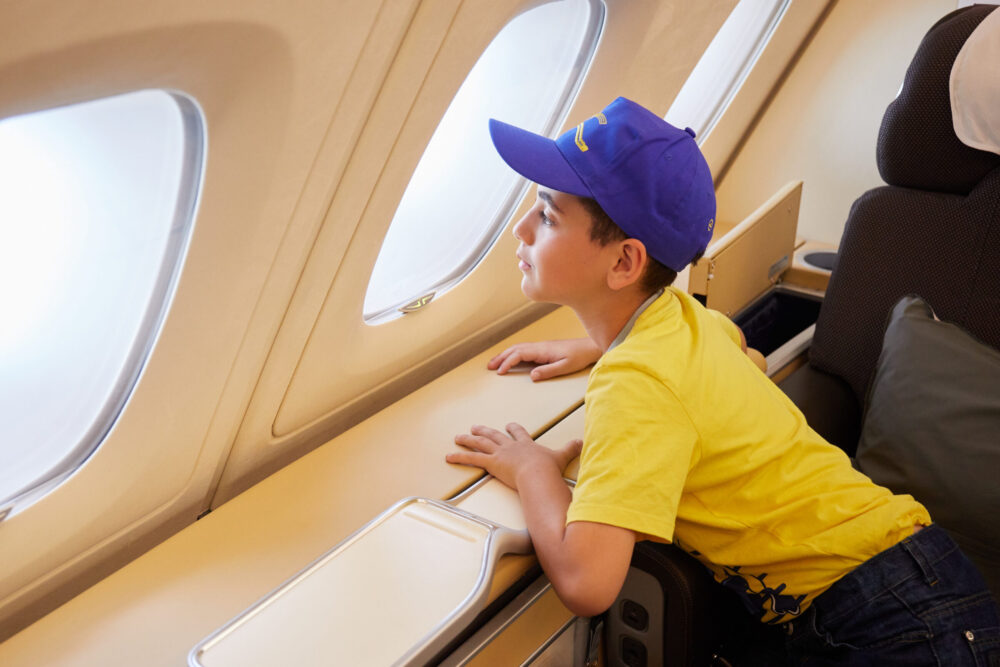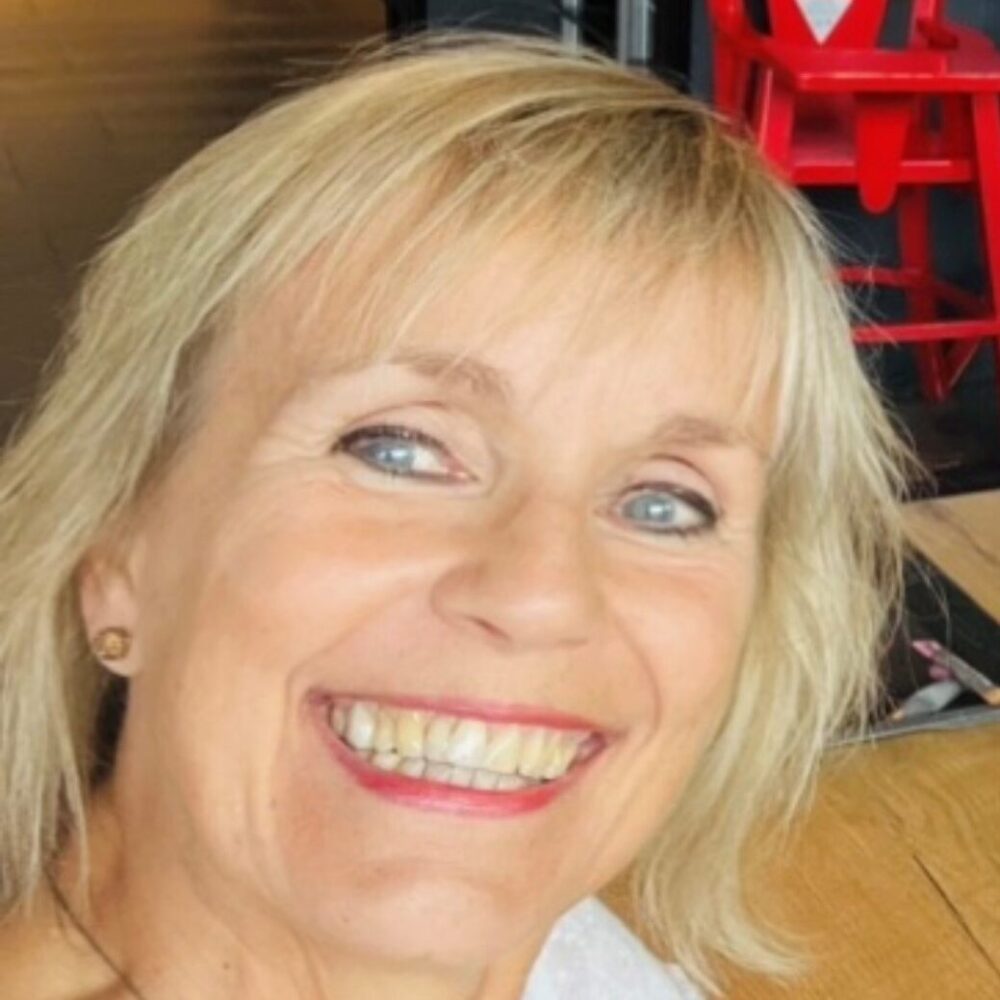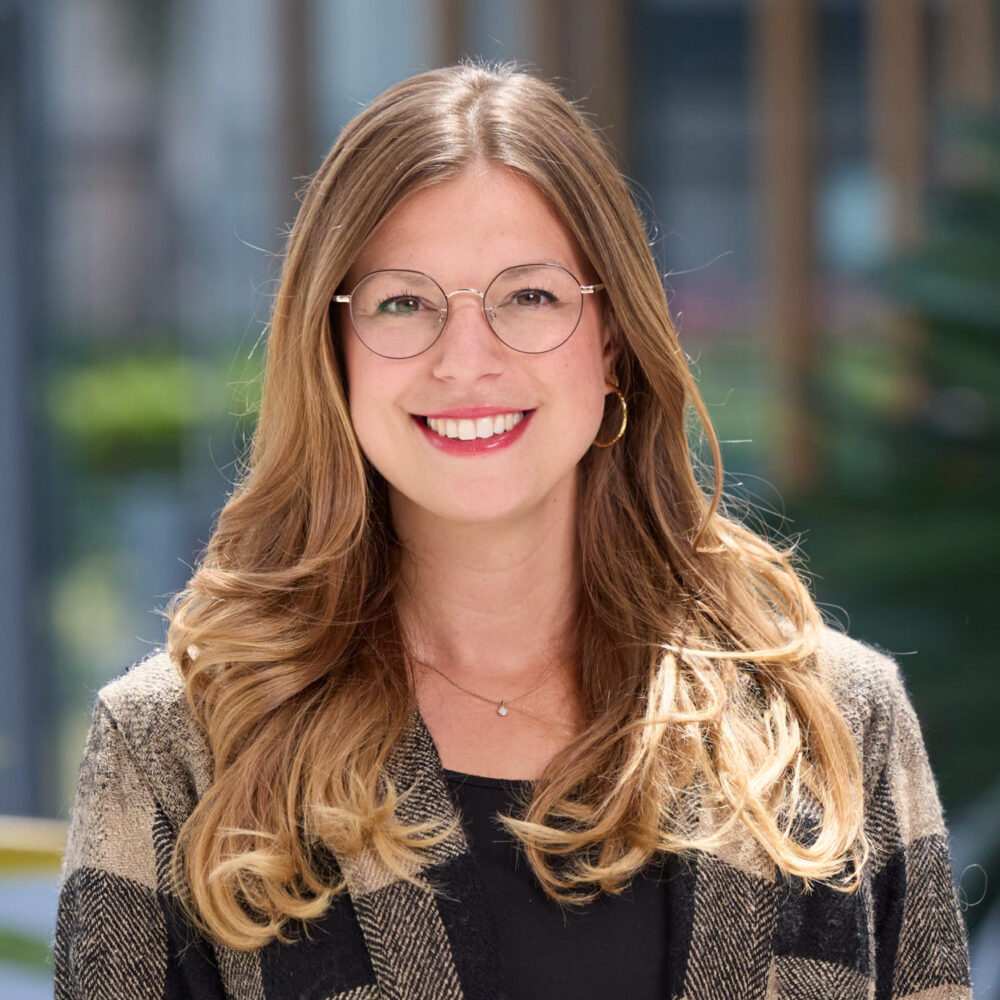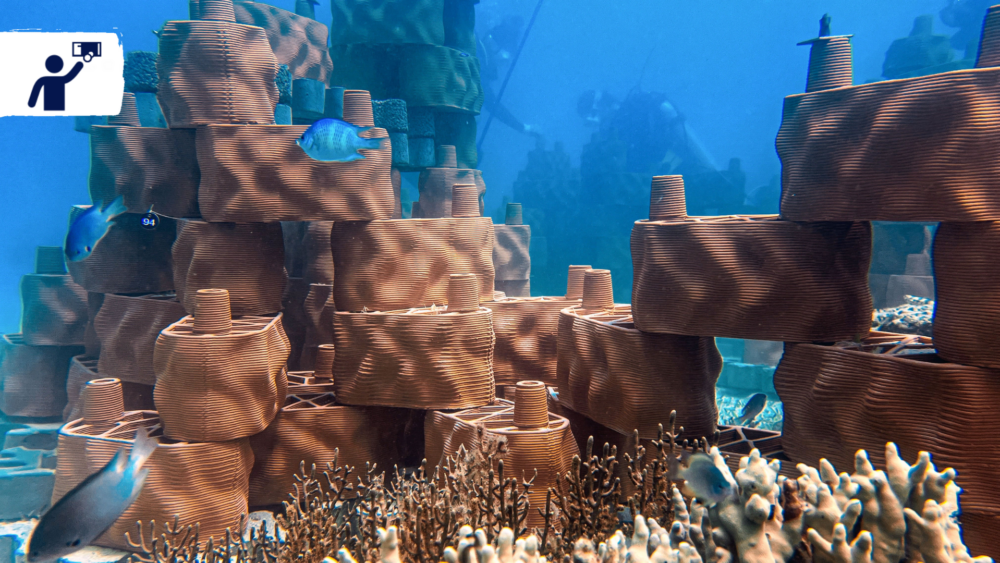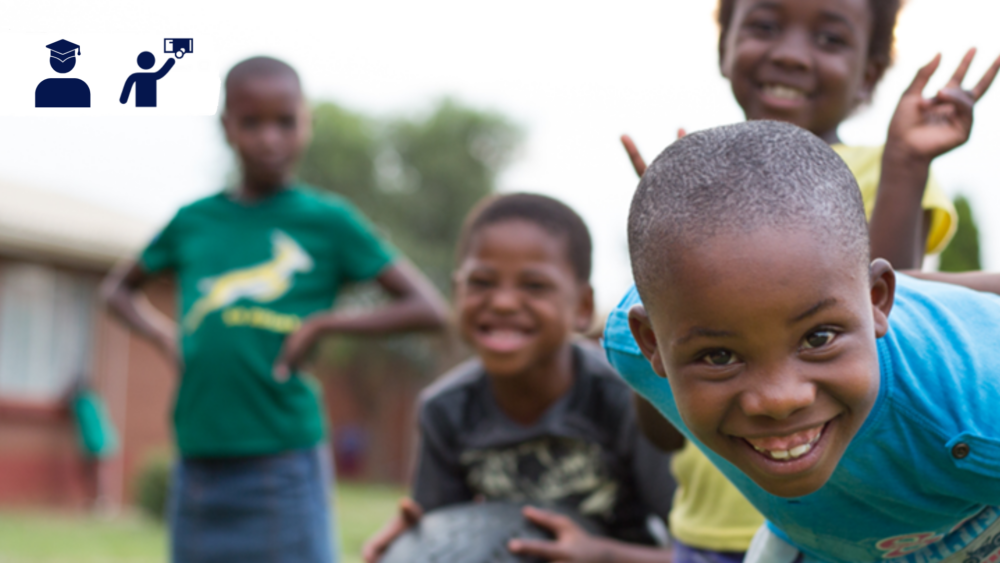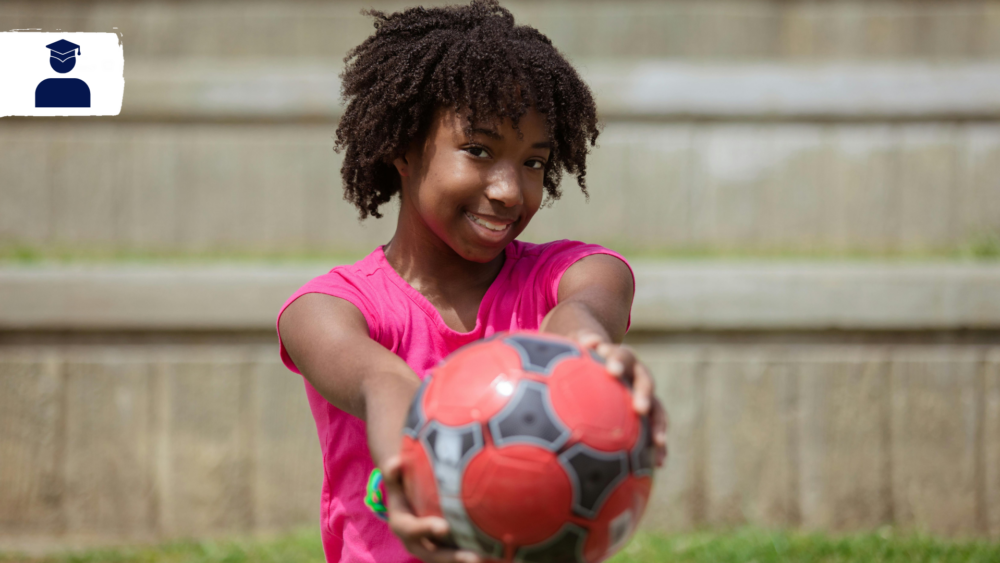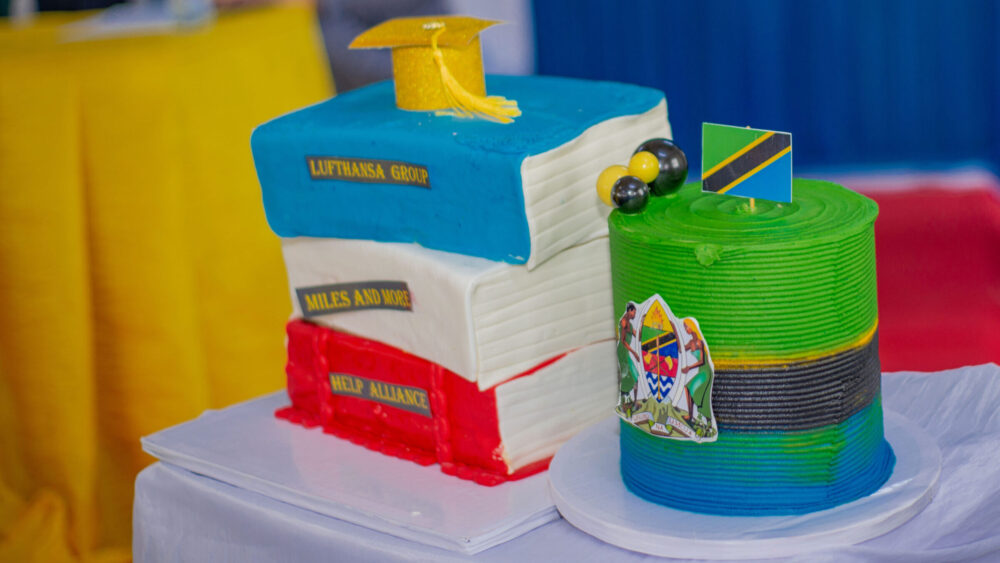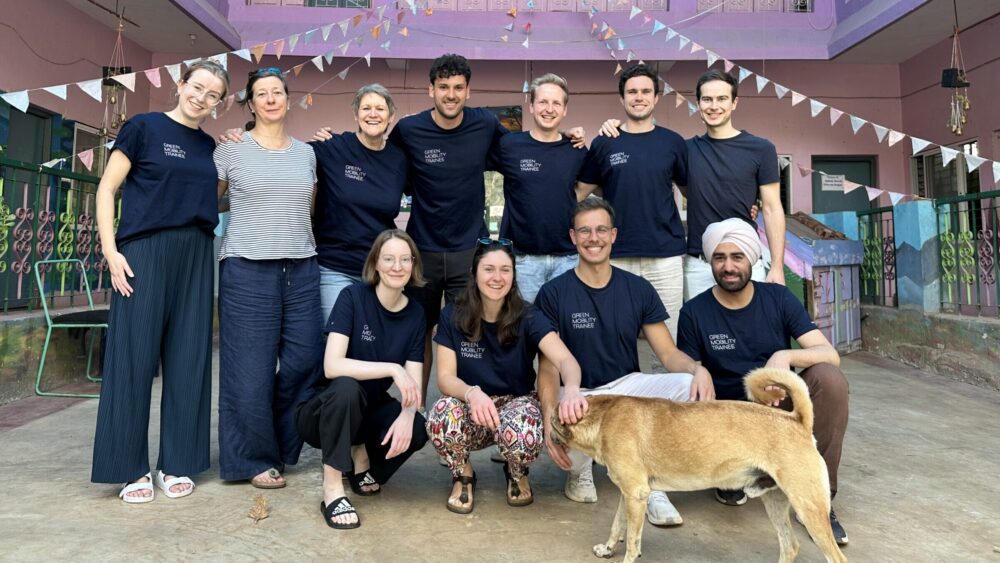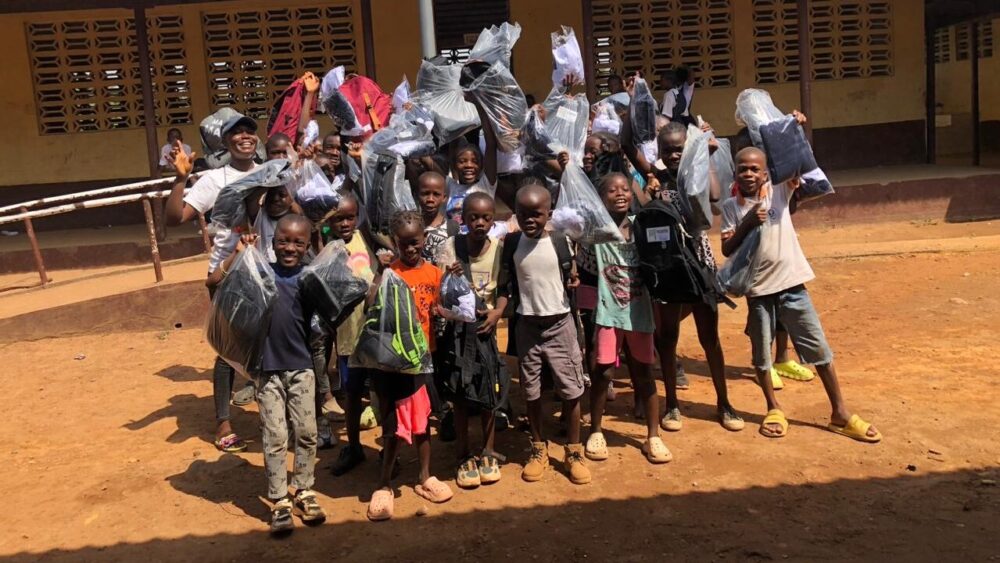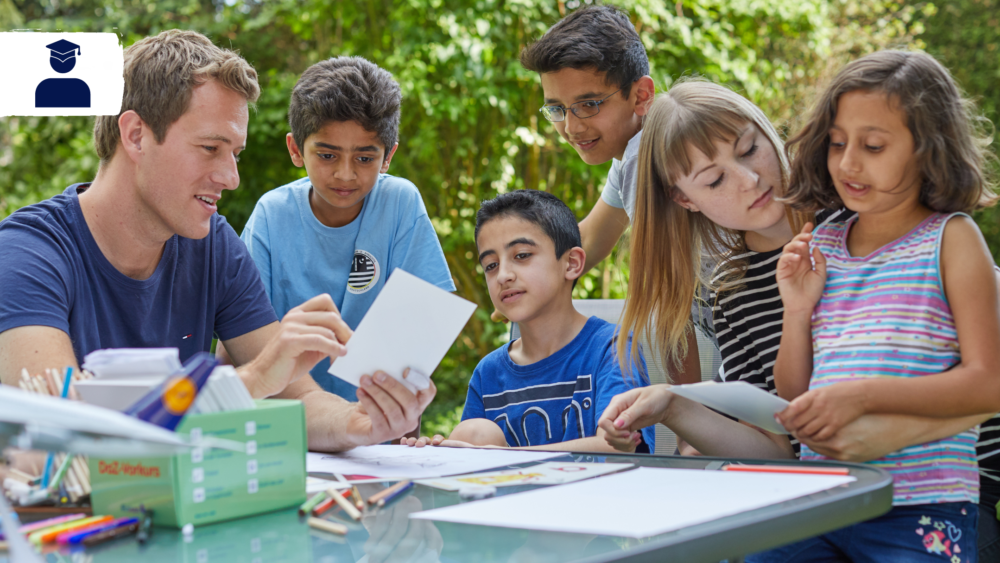
Language Practice, Flörsheim
The project brings together about 60 children from refugee and migrant backgrounds every week to learn the German language together through games, sports and fun.
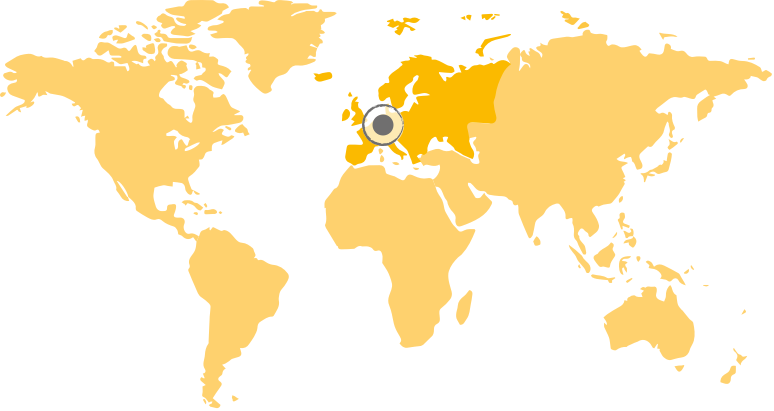
Project Background
The municipality of Flörsheim shows an increasing shift in the composition of its population, homeowners are moving away, refugees are allocated apartments, houses and communal accommodation. The city, which received a large number of refugees in 2015, is overwhelmed with the care of over 250 migrant families and financial support is only available for a far too small proportion of the immigrant families. Education is the central prerequisite for participation in social and economic life and thus for successful integration. In Germany, social background has a fundamental impact on the educational competence of children and a child’s educational opportunities depend above all on its ability to speak German. However, since the language of the country of origin is spoken in many immigrant families, these children need special language support to compensate for their disadvantage and to have an equal chance in the German education system.
In the clubhouse of the long-standing project partner Stern des Südens e.V., Flörsheim, about 60 children with refugee and migrant backgrounds come together every week to learn the German language together through games, sports and fun.
Target Group
The project is aimed at socially disadvantaged children, children with a migration background and children from refugee families aged 6 – 16 years from Flörsheim am Main. Currently, about 60 children visit the project every week.
The school-age children are currently taught in so-called “reception classes” in the primary school, which were set up for migrant children without German language skills. However, this tutoring is by far not sufficient to make the children with a migration background fit for school as quickly as possible. Only when the children sufficiently know the German language they can be placed in a regular class. Without intensive training of the language deficits of children with a migration background at an early age, it is difficult to compensate for possible consequences such as lower educational success and the resulting reduced chances on the labour market.
Project Goals
Since April 2014, Flörsheim’s Stern des Südens association has been teaching children from socially disadvantaged, immigrant and refugee backgrounds the German language in a playful and creative way in order to integrate them into society. Education and language support through incentives to paint, make music, play and engage in sports are the elementary components of the project. Over the years, the initial pilot measure has developed into a regular education and support programme with 20 supervisors. In the meantime, a total of about 60 children receive support four times a week in the form of language support, homework supervision and tutoring. The project works in close cooperation with the children’s schools. In cooperation with the Paul Maar School, the project also supports the approach of a “social training room”, a concept for understanding intercultural aspects and establishing a tolerant, considerate and friendly interaction together. The parents and families of the children should also be involved in the project. They accompany their children and receive support at the same time. For example, they will be helped to fill out official forms or given health advice and tips on leisure activities for the children.
The special support provided by the project is intended to strengthen the educational opportunities of the socially disadvantaged children in the long term. The primary aim is to enable the children to obtain an adequate school-leaving certificate. In addition, the project aims to teach social soft skills, such as knowing and adhering to rules, understanding German culture and equal rights for men and women. Furthermore, the integration work should be extended to the whole family.
What are you supporting
With your donation you support us in covering the operating and supervision costs as well as the costs for teaching materials in the project.

